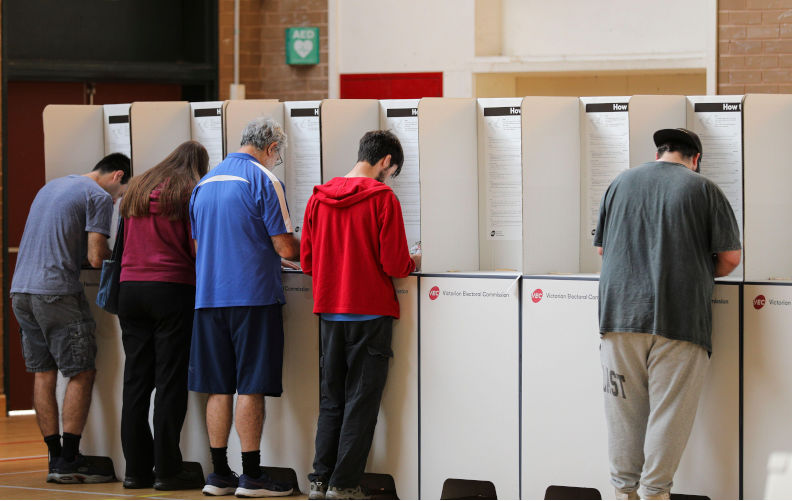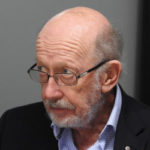The results of the Western Australian election on Saturday give credence to the latest opinion polling showing a trend back towards Labor in the past few weeks. Until mid-February the polls were suggesting the Coalition would have sufficient support to form (at least) a minority government.
Making generalisations about national trends based on the WA results would be unwise. The West, as they tell you there, is a different country. But it is reasonable to assess what the state election results imply for what will happen in the additional WA seats Labor won, to the surprise of almost everyone, at the last federal elections.
At the previous state election the Labor Government won an incredible 70% of the two-party preferred vote, based on the popularity of its premier, Mark McGowan, and the way he had led the state through the COVID crisis by isolating it from the rest of the country. Not to mention its relative prosperity, thanks to its excessive share of GST funding.
With a new premier, Labor was expected to retain power but the electoral balance was expected to return to something more normal at this election – though polling actually predicted Labor could finish with about 57% of the two-party preferred vote. Still a long way from normal.
Labor actually did slightly better than that, by about 1%, with the Liberals and National Party together netting a swing of about 11%.
At the last federal elections, when Labor won a somewhat unexpected swing of 7% and picked up four additional seats, its primary vote was just under 37%, but its two-party preferred vote was 55%. The primary vote for Labor on Saturday was just under 42%.
So the primary vote for Labor at the state election was still about 5% higher than the party received at the federal elections three year ago, despite the huge “correction” from the McGowan landslide.
Anthony Albanese has worked diligently at trying to retain those additional seats Labor won in 2022. He has invested a huge amount of time travelling to the West, appearing at functions, first with McGowan and then his successor as premier, Roger Cook. Come the May federal election it doesn’t need to score as well as it did on Saturday to hold the seats it won three years ago.
Meanwhile, the latest national polls suggest the surge of support for the Coalition evident in the past six months may have some to an end. The latest YouGov poll gave Labor a 51-49 lead on preferences, while the last two Newspolls had the Coalition enjoying a 51-49 lead.
The anticipated disruption to be caused by Cyclone Alfred apparently persuaded the prime minister and his senior ministers to push back the election from early April to early May. It seems strange that the government wanted to go early, given the state of the opinion polls, which suggested they had no chance of winning government outright. Confidential party polling may be producing different results from the published polls.
The optimism that ministers and backbenchers have been showing in recent weeks may be due in part to the improved state of the economy, the Reserve Bank’s decision to finally cut interest rates and some missteps by Opposition Leader Peter Dutton.
But they don’t explain why the prime minister was so anxious to go to an election a few weeks earlier than was necessary.
The views expressed are solely those of the author and may or may not reflect those of Pearls and Irritations.
David Solomon is a former legal and political correspondent. He has degrees in Arts and Law and a Doctorate of Letters. He was Queensland Integrity Commissioner 2009-2014.

